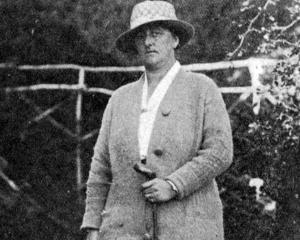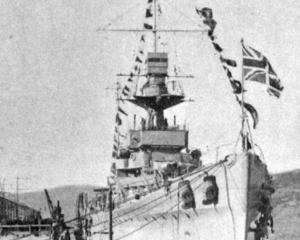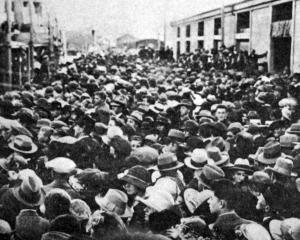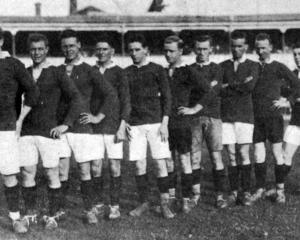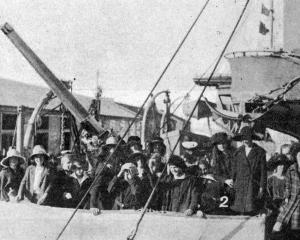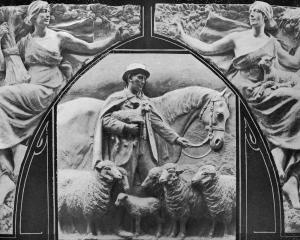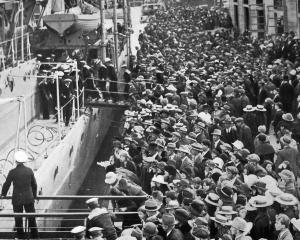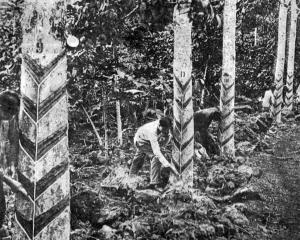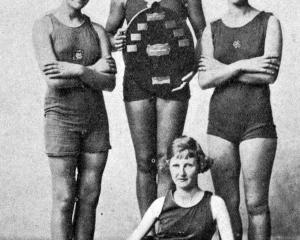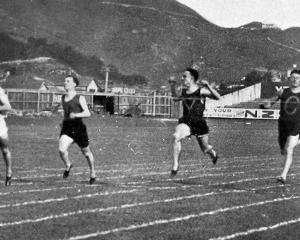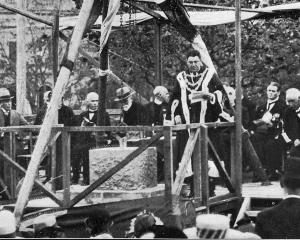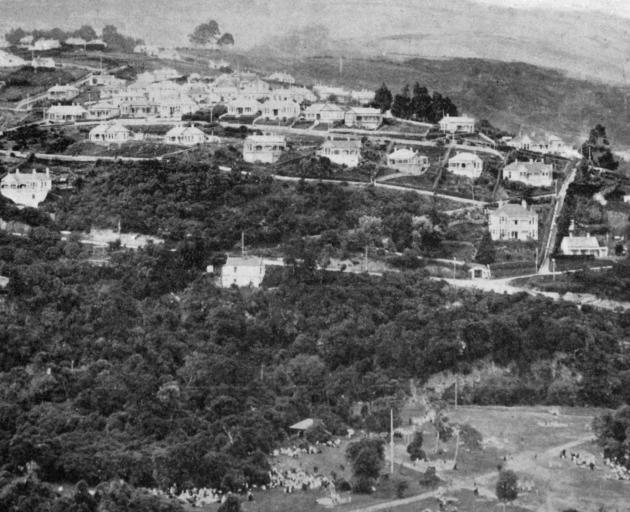
This implies no lack of recollection of the magnificent part sustained by other British forces in the splendid albeit ill-starred enterprise. But for that section of the British race which dwells in these overseas dominions Gallipoli represented a notable advance, universally acclaimed, towards the full stature of nationhood.
There is no occasion to honour Anzac Day in any spirit of extravagance, much less of mawkish and fulsome sentiment. The essential point is that it should be honoured in a manner showing that the community is forgetful neither of the living nor the dead, and in keeping with the great deeds which it recalls.
Anzac Day will be always a memorial that will present to the rising generation in some adequate shape the lesson and the example of the events which its mention must ever bring to mind. And the day should never pass without the community asking itself how it is discharging the duty towards the soldier of the Empire which lies particularly at its own door.
Presentation to Rev King
There was a large assemblage in the City Council Chambers last night, when a presentation was made to the Rev. V. G. B. King, in recognition of his valuable social work in the community for many years and his splendid services in connection with the influenza epidemic.
His Worship the Mayor (Mr J. J. Clark), who presided, said those present were there to express appreciation of the services of one of their most valued citizens and ardent workers in the social welfare of the city. Mr King was known by everyone throughout the city and beyond for his earnest and whole-hearted devotion to the cause of humanity, and for his efforts in uplifting those who have sunk in the battle and struggle for existence.
They all knew the great and noble work which he did during the deplorable influenza epidemic. During that occasion he only thought of others, and did not spare himself. He worked night and day, and was always to be found at his post.
The luck of the draw
The luck or chance in war is a very uncertain item. One soldier goes through from Gallipoli to the finish without a scratch, another makes the supreme sacrifice at his first engagement.
It is seldom indeed that all the male members of one family come through without a scratch after several engagements (remarks the Timaru Herald). Such is the experience of Mr William Foster, recently returned, and his three sons. The youngest son first volunteered and fought at Gallipoli.
The second enlisted later and fought chiefly in France, as also did the third son. The father then enlisted and fought side by side with a son at the battle of the Somme, all four coming through the ordeal unscathed.
Rabbit cannery busy
The Cromwell Canning Company is having a steady run, and large consignments of rabbits are being handled daily. One day last week over 5000 rabbits were handled, producing an output of 4023 tins for the day.
- ODT, 25.4.1919
COPIES OF PICTURE AVAILABLE FROM ODT FRONT OFFICE, LOWER STUART ST, OR WWW.OTAGOIMAGES.CO.NZ

